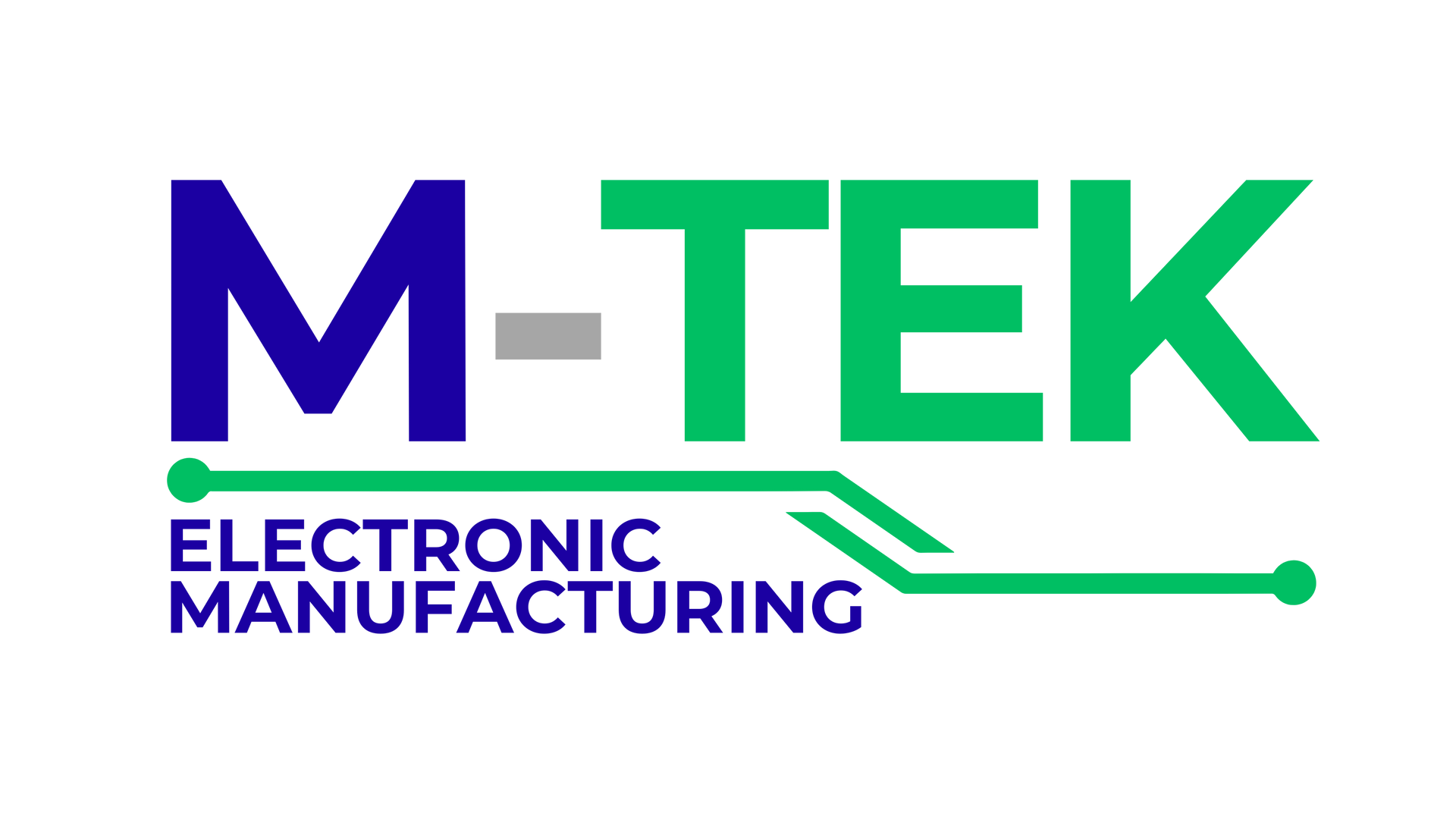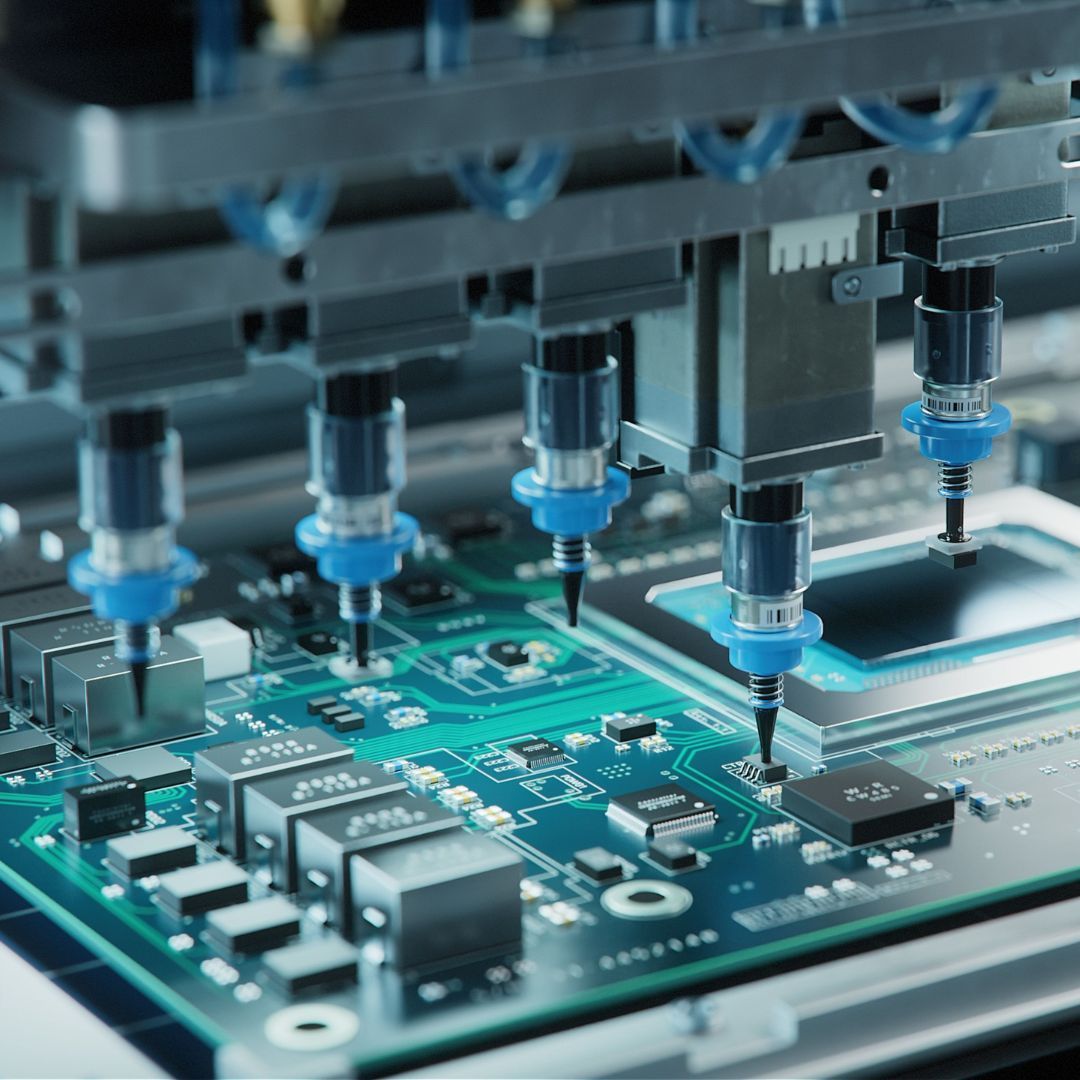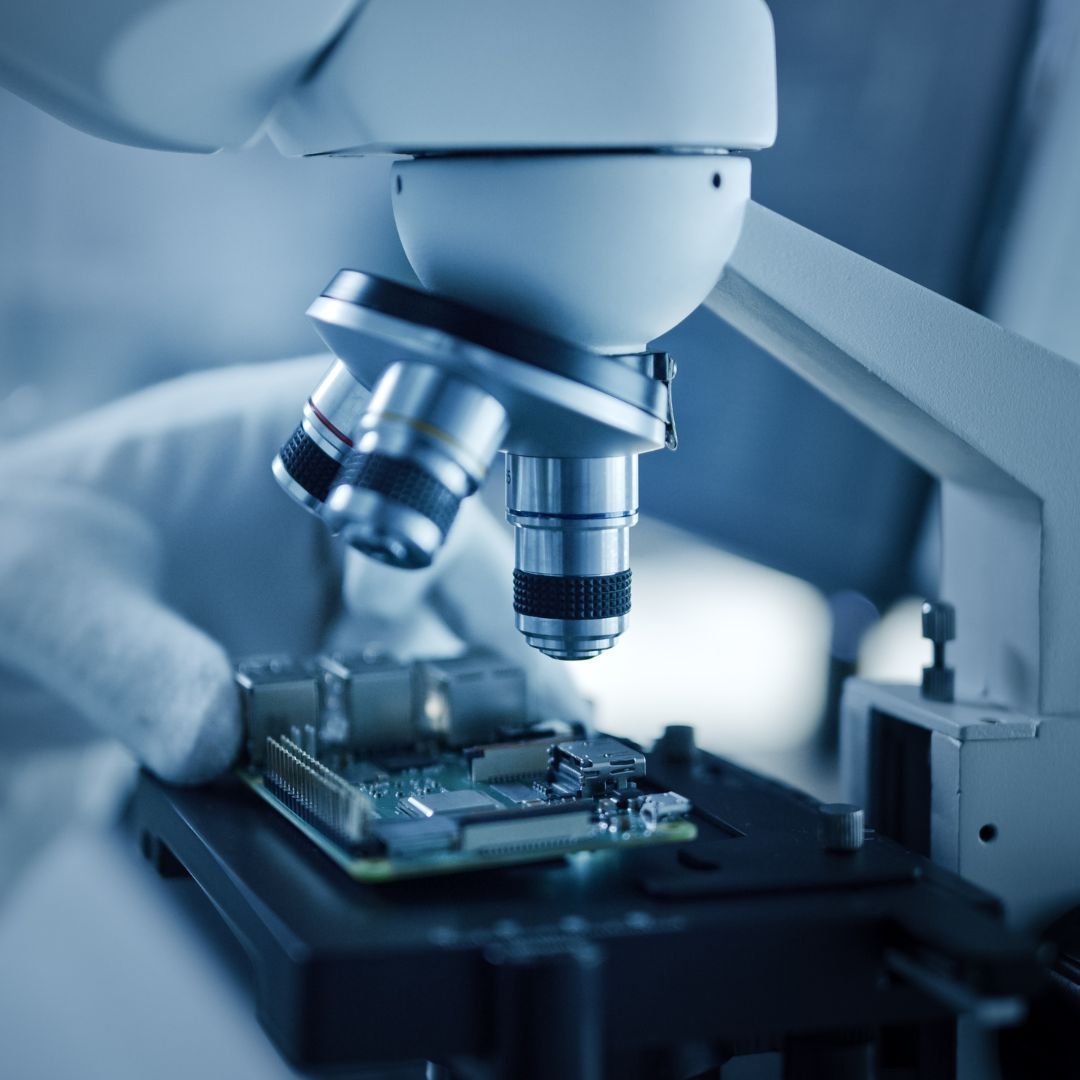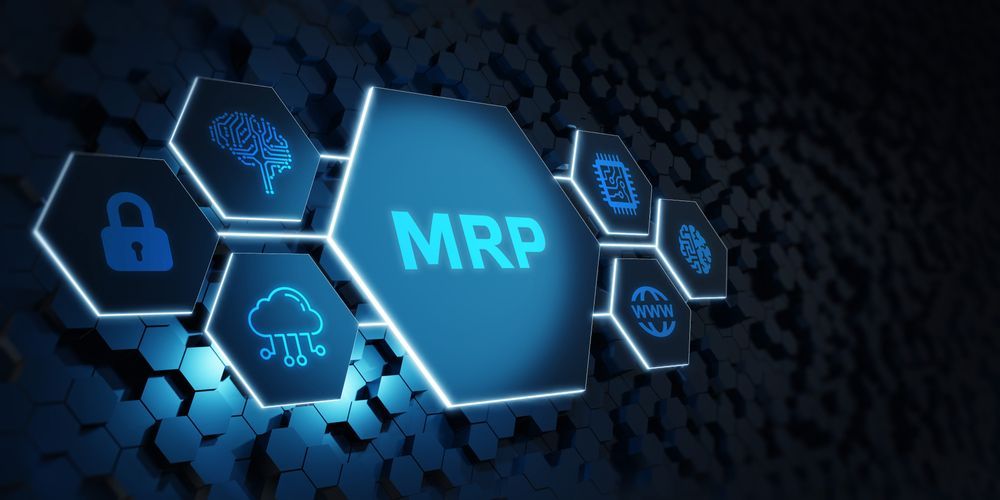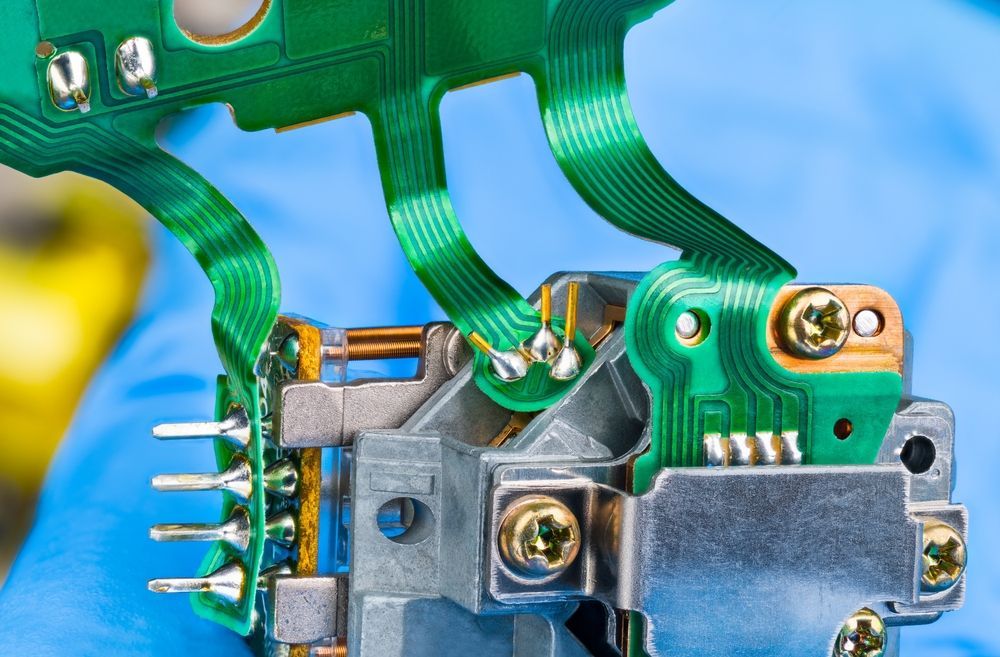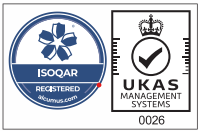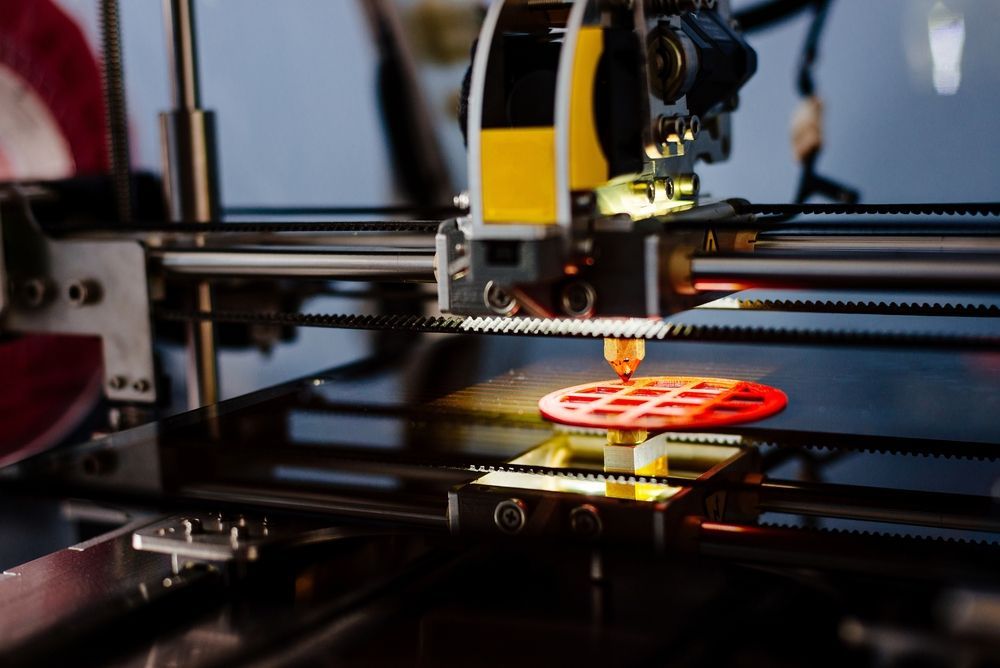
With the ever-evolving landscape of technology and innovation, the demand for printed circuit boards (PCBs) has grown exponentially.
For small-scale manufacturing, traditional PCB production methods have often been deemed costly and time-consuming.
However, with the advent of 3D prototyping technology, there is a promising alternative that has the potential to revolutionise small-batch PCB production.
This article delves into the cost-effectiveness of 3D prototyping for small-batch PCB production and highlights its advantages over conventional methods.
The Rise of 3D Prototyping
3D prototyping has gained significant momentum in various industries, including electronics and PCB manufacturing.
It enables the creation of physical prototypes layer by layer, eliminating the need for expensive and time-consuming tooling processes required in traditional manufacturing.
The rise of additive manufacturing techniques, such as 3D printing, has paved the way for rapid and cost-effective PCB prototyping.
Advantages of 3D Prototyping for Small Batch PCB Production
Faster Turnaround Time: 3D prototyping reduces the time required to produce PCB prototypes significantly. Conventional methods usually involve complex setup processes and iterations, whereas 3D prototyping allows for quick design modifications and swift printing, expediting the entire production cycle.
Lower Setup Costs: Traditional PCB production often requires the fabrication of costly moulds and tooling equipment. In contrast, 3D prototyping eliminates the need for tooling, resulting in lower setup costs and making it ideal for small-batch production.
Iterative Design Process: 3D prototyping allows engineers to visualise and test their designs physically before committing to large-scale production. This iterative process helps in identifying and rectifying design flaws early on, leading to reduced errors and the potential for significant cost savings.
Customisation and Complexity: Small batch production often caters to niche markets with specific requirements. 3D prototyping enables designers to experiment with intricate designs and customise PCBs without incurring substantial costs. This level of flexibility is particularly advantageous for low-volume, specialised applications.
Material Efficiency: Traditional PCB production may lead to significant material wastage during the setup and testing phases. Conversely, 3D prototyping minimises material wastage by building the prototype layer by layer, resulting in better material utilisation and cost-effectiveness.
Challenges and Considerations
While 3D prototyping offers numerous benefits, there are some challenges and considerations that need to be addressed before transitioning from traditional methods:
Material Selection: The availability of suitable 3D printing materials with electrical and thermal properties similar to conventional PCB materials is crucial. Selecting the right materials is essential to ensure the prototype's functionality and durability.
Quality Assurance: As 3D printing technologies continue to advance, maintaining consistent quality in small-batch production becomes vital. Rigorous quality control measures and testing protocols should be established to meet industry standards.
Cost of 3D Printing Equipment: Acquiring 3D printing equipment can be a significant upfront investment. While it pays off in the long run for small-batch production, careful cost analysis and evaluation of the return on investment are necessary.
3D Prototyping: Conclusion
The emergence of 3D prototyping has brought about a transformative shift in small-batch PCB production.
Its cost-effectiveness, faster turnaround time, and design flexibility make it an attractive option for businesses aiming to produce small quantities of PCBs.
While there are challenges to overcome, continuous advancements in 3D printing technology and materials are steadily addressing these concerns.
As the technology matures, it is expected that 3D prototyping will play an increasingly crucial role in revolutionising the electronics manufacturing industry.
Call
01189 455377 or follow us on
Twitter to learn more about our products and services.
